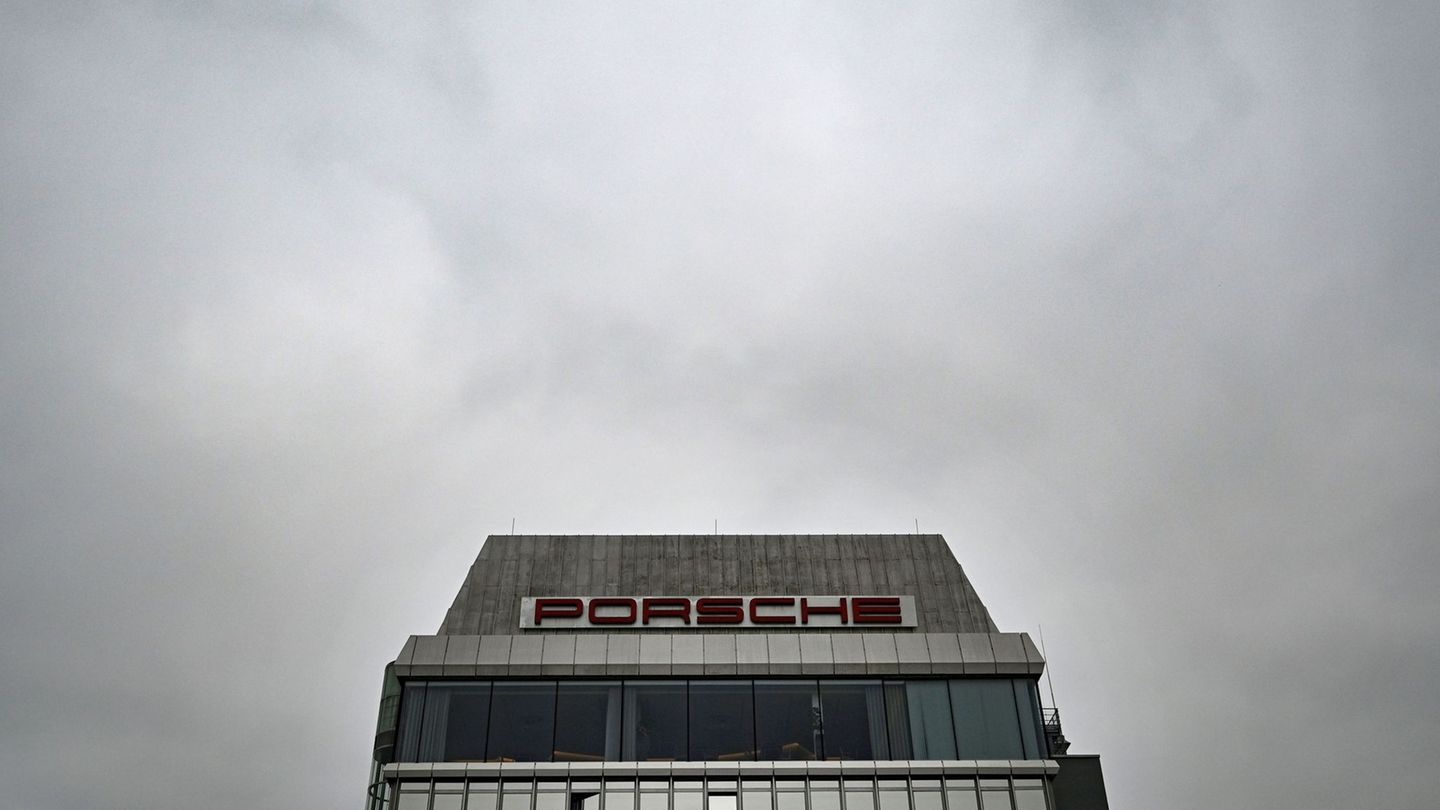Menu
Climate: CO2 emissions of container ships have increased
Categories
Most Read
Aviation: Airline Association: Warning about the danger of drones for ten years
October 10, 2025
No Comments
Workers’ inflation reached 2.2% in September and reached the highest level since April
October 10, 2025
No Comments
Customs dispute: Trump announces 100 percent additional tariffs for China
October 10, 2025
No Comments
For the city it provides short-term relief, but doubts remain about the post-26-O scheme
October 10, 2025
No Comments
The great discount in cinemas to enjoy a good movie this long weekend in October 2025
October 10, 2025
No Comments
Latest Posts

World Cup qualification: After a big win: Nagelsmann wants to go one better against Northern Ireland
October 11, 2025
No Comments
PierceI am Pierce Boyd, a driven and ambitious professional working in the news industry. I have been writing for 24 Hours Worlds for over five

Heino about his wife who died: Heino: Hannelore’s death still haunts me
October 11, 2025
No Comments
Lisa HarrisI am an author and journalist who has worked in the entertainment industry for over a decade. I currently work as a news editor

Auto industry: Talks about savings round: Will the Porsche job guarantee be overturned?
October 11, 2025
No Comments
AngelicaI am an author and journalist who has written for 24 Hours World. I specialize in covering the economy and write about topics such as
24 Hours Worlds is a comprehensive source of instant world current affairs, offering up-to-the-minute coverage of breaking news and events from around the globe. With a team of experienced journalists and experts on hand 24/7.

